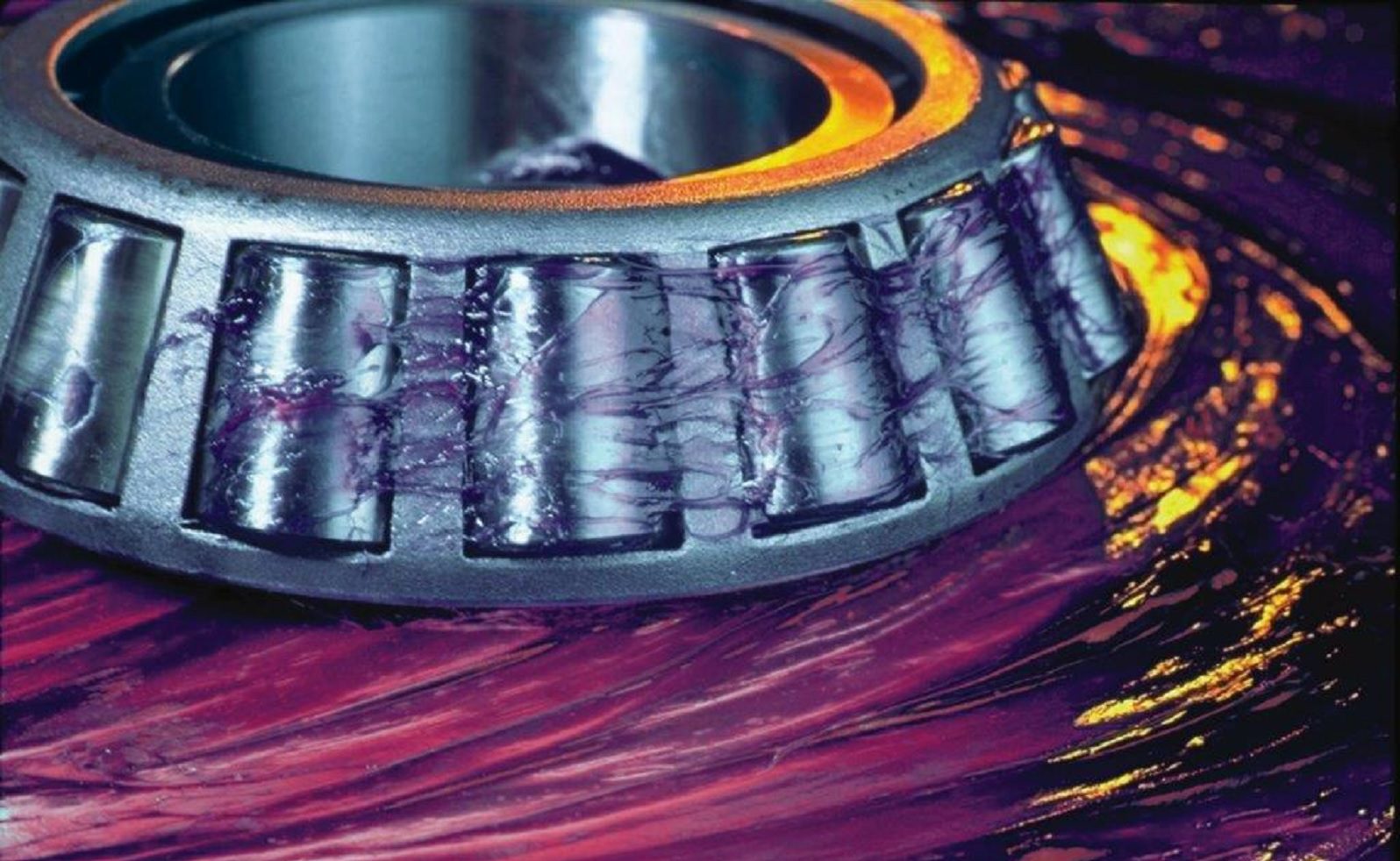
Shear Stability: Polymers keep mechanical stability
11 June 2020
Polymers have long been used to tailor the properties of lubricants and greases. Grease polymers in particular uniquely benefit grease in the areas of mechanical stability , water resistance, yield and tackiness. Grease polymers can have an effect on cone penetration test results and consistency of grease.
Thickening from the grease polymer translates to added yield per weight of thickener and is often used to improve the economics of grease products. However, the use of high molecular weight polymers to add consistency in grease often requires accounting for the effect of mechanical shearing on the polymer. Large molecules like polymers are subject to higher stresses and strains, which can result in mechanical breakdown of the grease and lead to equipment damage or failure.
Grease polymer manufacturer Functional Products Inc, world class supplier to Pemco Additives, recently designed a study to address two fundamental questions:
1. Do grease polymers contribute to grease consistency and NLGI grade?
2. If so, can the consistency added by the polymer withstand mechanical shearing by a test method such as ASTM D1831 roll stability test?
The researchers were surprised to find that the majority of greases with increased consistency due to the addition of polymers showed no change in mechanical stability , and nearly a quarter actually showed an increase in ability to withstand shear.

Functional Products formulates, blends and manufacturers lubricant additives to improve the performance of oil, grease and biobased fluids operating under various conditions. Its world class products are distributed by Pemco Additives AB in specific geographical regions.
For more information and to find out how Pemco Additives can help formulate your future, click here to Contact Us.